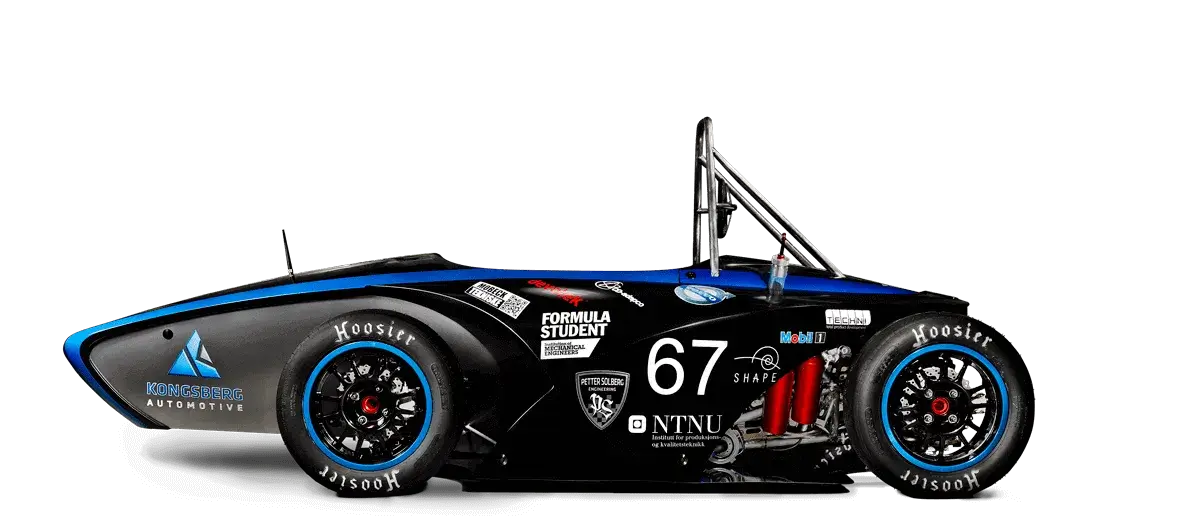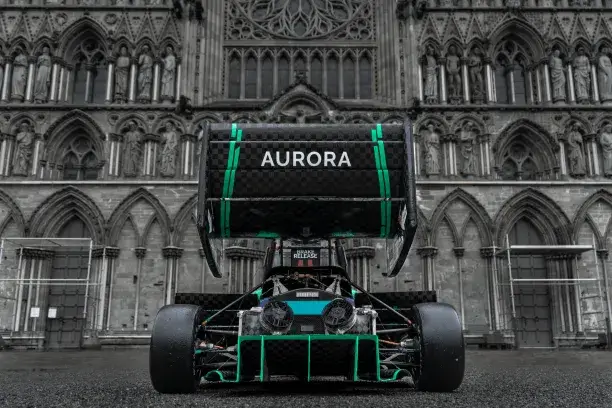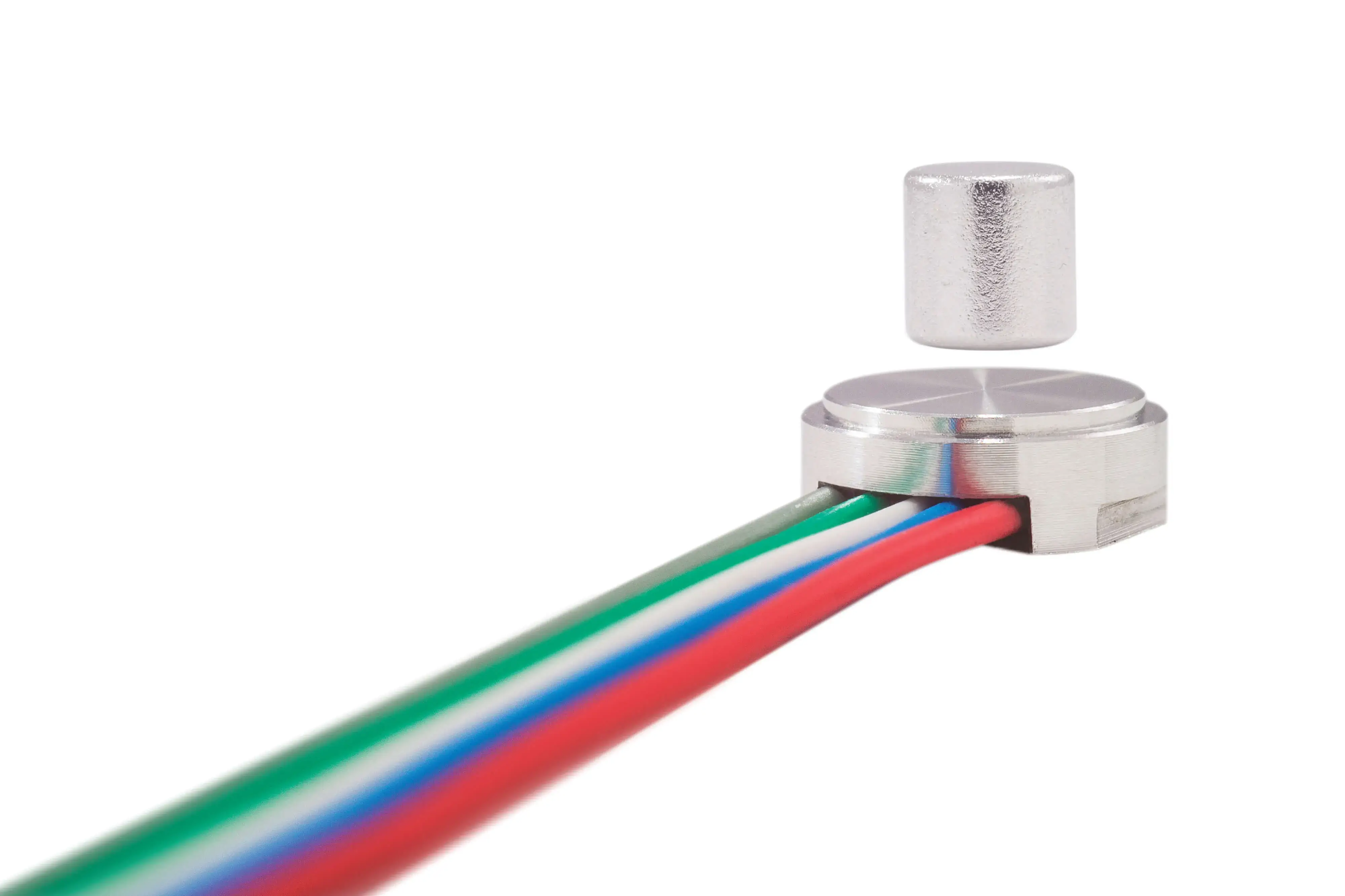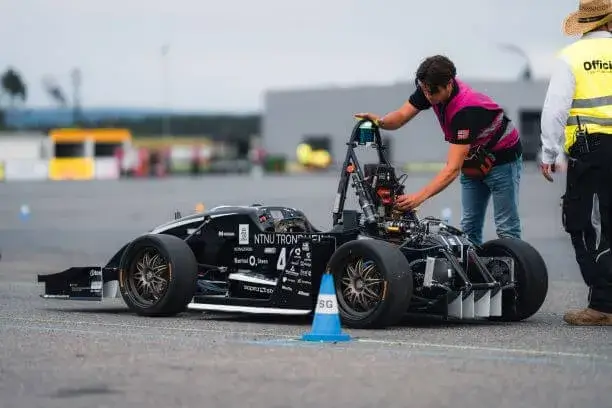
背景
Revolve NTNU is a student organisation at the Norwegian University of Science and Technology (NTNU), Trondheim campus. Since 2010, they have evolved from racing cars with internal combustion engines to four-wheel drive electric racing cars that can be driven manually or autonomously.
They design, develop, produce and drive own race cars that accelerate from 0-100 km/h in just over 2 seconds. Every year there is a new race car and an exciting competition in the summer.
Revolve NTNU participates in Formula Student, the world’s largest engineering competition for students, and competes for the pole position and the win. Their core values – ambition, innovation and dedication – drive them to new heights every year. Revolve NTNU’s vehicles are evolving at a rapid pace. Their race cars have switched from internal combustion engines to electric propulsion with autonomous driving integration.
Each car aims to push the boundaries of what the car can do against the best Formula Student teams in the world.
Revolve NTNU built their first car in 2012, a combustion engine vehicle that won the Best Newcomer Award at Formula Student UK. 2014 was their first year with an all-electric car and they have used those ever since.
Their 2022 car, Aurora, was the first car with autonomous driving integration. It was the first design to race both in the driver and driverless competitions. This ambitious step came with many challenges. The goal is to develop a vehicle with autonomous driving capability that does not compromise on performance in the manned race.

NTNU’s first race car: KA Borealis R

Latest race car: Aurora
課題
One of the biggest challenges of participating in Formula Student is the tight project schedule each year. The time between the deadlines passes faster than the car accelerates on the track, and before you know it it’s time to compete with the best teams in the world. The fast-paced atmosphere demands that teams learn quickly and use cutting-edge technology to deliver as expected, all while paying attention to every detail. Luckily, the Revolve team benefits from a strong alumni network that facilitates the transfer of knowledge across generations, enabling the development of not just the car, but also the organisation as a whole.
"At Revolve NTNU we have a strict selection of which sensor we fit to our cars. They should fulfill performance parameters like minimal weight, high resolution and quality,", says Eirik Olsen Tjøstheim from driver interface team.
解決策
The steering angle sensor measures the steering angle of the vehicle, which requires a high-precision encoder solution for both manual and autonomous driving. The RLS RM08 magnetic rotary sensor was selected for integration in the bevel gearbox, a part of the vehicle steering system.
The car has other high-tech systems like torque vectoring and, of course, the autonomous system. These systems require a high-precision encoder like the RM08 that allows them to be pushed to the limits with and without the driver in the car.
The RLS RM08 is a compact, sealed, super small, high-speed rotary magnetic encoder designed for use in space limited applications. The non-contact two-part design removes the need for seals or bearings, ensuring long-term reliability and simple installation. The encoder is thereby also suitable for integration in other vehicle systems.
"This is a robust and high precision magnetic encoder which has given us the required quality to push the limit of our cars. The sensors give the required data to Revolve NTNU’s data engineers and reduce the assembly time for the mechanical engineers,", Eirik Olsen Tjøstheim added.

RM08 Miniature Rotary Magnetic Encoder
結果
RLS and Revolve have been working together since 2017. Over the years, Revolve has used other products, but RLS encoders have proven to be the best in terms of high accuracy and robustness, making them the first choice for Revolve in their rapid development cycle. The precision and reliability of RLS encoders has helped the team achieve it’s ambitious goals. For this reason, they have been using RLS encoders since the first design and have never regretted it. The performance and quality of RLS encoders have also enabled the team to integrate these sensors into systems other than the steering gear.
This has been an exciting opportunity because it has allowed them to experiment with new possibilities and applications. The versatility of the RLS encoders has allowed them to push the boundaries of what is possible in automotive technology, giving them a competitive advantage over other teams.
今後の目標
The 2022 season was the beginning of a new era not only for Formula Student, but also for Revolve NTNU. This was the first year that a team was allowed to compete with the same car in both the manual driving class (EV) and the driverless class (DV). The merger EV-DV challenged the team to develop a race car incorporating autonomous systems from the start. They are excited to see where the EV-DV merger will take them in the 2023 season and beyond. They look forward to continuing to develop and perfect the systems, as well as finding new innovative ways to push the race car to its limits.

ATMOS Driverless
About Revolve
Revolve is a multidisciplinary team of 60 students from 20 different majors. From their workshop near NTNU’s largest campus, they work to create a world-class racecar and gain unique experience.

For more information visit: https://www.revolve.no.


